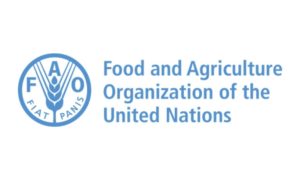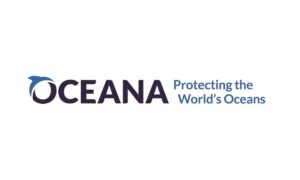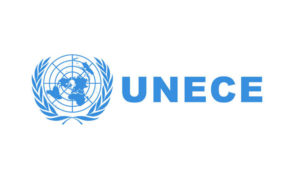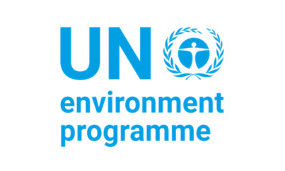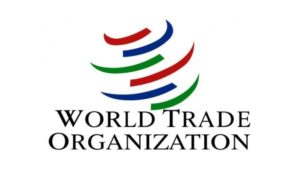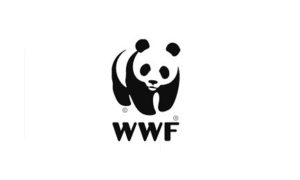Overfishing negatively impacts sustainable fisheries, livelihood and world fish stocks. These unsustainable practices threaten local biodiversity and food security in many places around the world. Discover what organizations in Geneva and beyond are doing to address the issue at the global level.
The Overfishing Crisis
More than 820 million people depend on fisheries and aquaculture for food, nutrition, and income (FAO, n.d.). But the ability of our fisheries to provide jobs and nutrition is being threatened by an unprecedented crisis of overfishing and improper resource management. Nearly 90% of global marine fish stocks are fully exploited, overexploited, or depleted (FAO, 2018). Overfishing is closely tied to bycatch — the capture of unwanted sea life while fishing for a different species — which is also serious marine threat.
Some forms of fisheries subsidies contribute to this detrimental impact. Fishing subsidies are estimated to be as high as $35 billion worldwide, of which $22 billion directly contributes to overfishing (Sumaila et al., 2019). Subsidies also foster inequality, as they disproportionately fund big business rather than small-scale and artisanal fisheries. Regulating these harmful subsidies can therefore assist in reducing unfair competition in accessing fisheries resources at sea, whilst at the same time seeking to safeguard fisheries resources, livelihoods and ecosystems.
- Overfishing | WWF
- What is a fisheries subsidy? | FAO
- Responsible fishing | Oceana
- Overfishing is a social injustice. To end it, we need to eliminate harmful fisheries subsidies. | Peter Thomson (UN Special Envoy for the Ocean) | 21 November 2020
- Fisheries Subsidies Video Series | IISD | 27 May 2020
- Unsustainable fishing and hunting for bushmeat driving iconic species to extinction – IUCN Red List | IUCN | 18 July 2019
- 90% of fish stocks are used up – fisheries subsidies must stop emptying the ocean | Mukhisa Kituyi (UNCTAD Secretary-General) & Peter Thomson (UN Special Envoy for the Ocean) | 13 July 2018
- The state of world fisheries and aquaculture | FAO | 2018
- Regulating fisheries subsidies must be an integral part of the implementation of the 2030 sustainable development agenda | UNCTAD, FAO & UNEP | July 2016
- Reforming fisheries subsidies | WWF | November 2011

By loading the post, you agree to Facebook's privacy policy.
Learn more
International Cooperation to Address Overfishing
Through the adoption of the Sustainable Development Goals (SDGs), governments around the world have agreed that conserving and sustainably using the oceans, seas and marine resources is essential for sustainable development. In particular, target 14.6 acknowledges the detrimental effect of harmful subsidies and the need to eliminate them to achieve a sustainable blue economy.
Goal 14. Conserve and sustainably use the oceans, seas and marine resources for sustainable development
Target 14.6. By 2020, prohibit certain forms of fisheries subsidies which contribute to overcapacity and overfishing, eliminate subsidies that contribute to illegal, unreported and unregulated fishing and refrain from introducing new such subsidies, recognizing that appropriate and effective special and differential treatment for developing and least developed countries should be an integral part of the World Trade Organization fisheries subsidies negotiation
At the Doha Ministerial Conference in 2001, negotiations on fisheries subsidies at the WTO were launched with a mandate to clarify and improve existing WTO rules. The adoption of the SDGs in 2015 and of a negotiating mandate in 2017 gave renewed urgency to the discussions, and left the WTO with the task of securing an agreement by 2020 on disciplines to eliminate subsidies for illegal, unreported and unregulated fishing and to prohibit subsidies that contribute to overcapacity and overfishing, with special and differential treatment for developing and least developed countries.
Despite ongoing discussion for nearly twenty years, leaders have yet to reach an agreement. The upcoming 12th Ministerial Conference (MC12) from 30 November to 3 December 2021 in Geneva (originally scheduled for June 2020 in Nur-Sultan, Kazakhstan) is the opportunity to conclude these negotiations and achieve positive outcomes for SDG 14.6 .
“Concluding these negotiations is a top priority for this organization, not only for the fisheries, but also for the WTO system. We simply cannot afford to fail here.”
DG Okonjo-Iweala, WTO, 12 April 2021
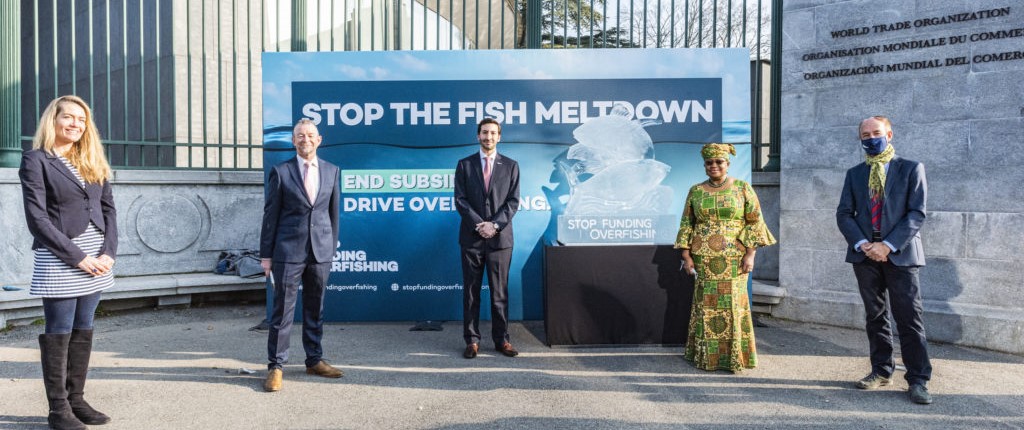
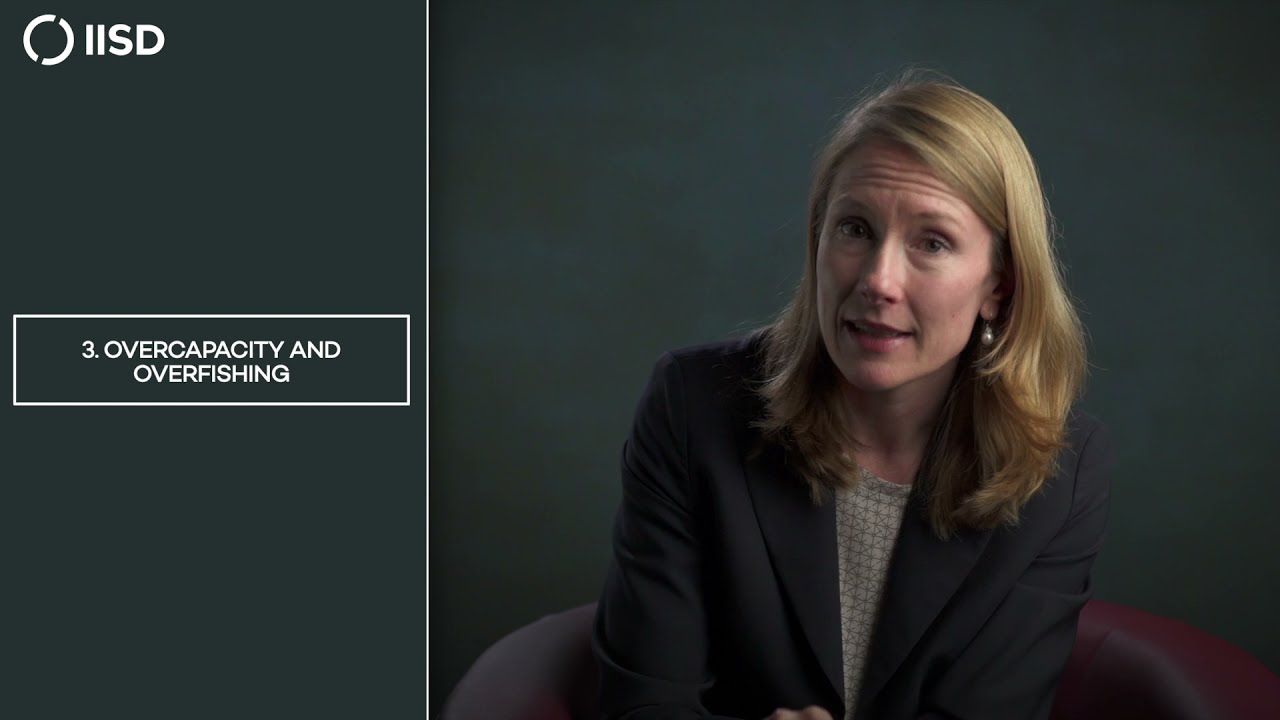
By loading the video, you agree to YouTube's privacy policy.
Learn more


